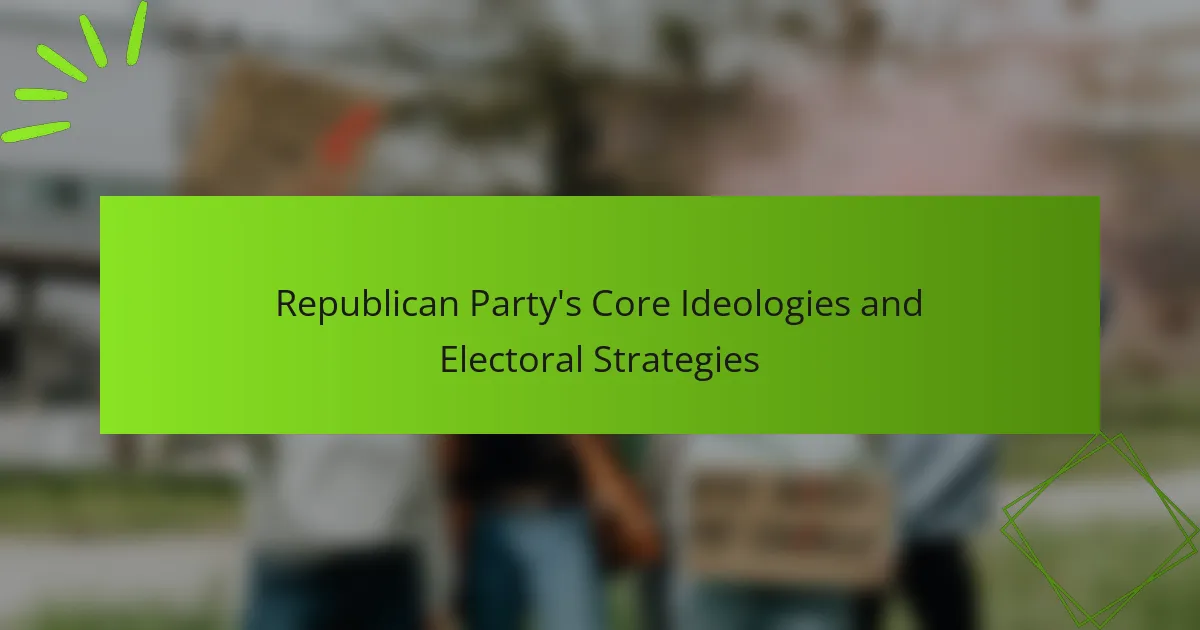The Republican Party is characterized by core ideologies that include limited government, individual liberties, free-market capitalism, and traditional values. These ideologies influence the party’s policies and electoral strategies, which encompass grassroots mobilization, demographic targeting, and digital campaigning. The intersection of these core beliefs with electoral tactics shapes voter engagement and campaign messaging, particularly on issues […]

Libertarian Party’s Stance on Personal Freedoms and Government Role
The Libertarian Party is a political organization that champions maximal personal freedoms and minimal government intervention. It advocates for individual rights, free markets, and personal privacy, opposing regulations that restrict personal choices, such as drug laws and mandatory vaccinations. The party’s philosophy emphasizes that government should focus on protecting rights rather than controlling behavior, promoting […]
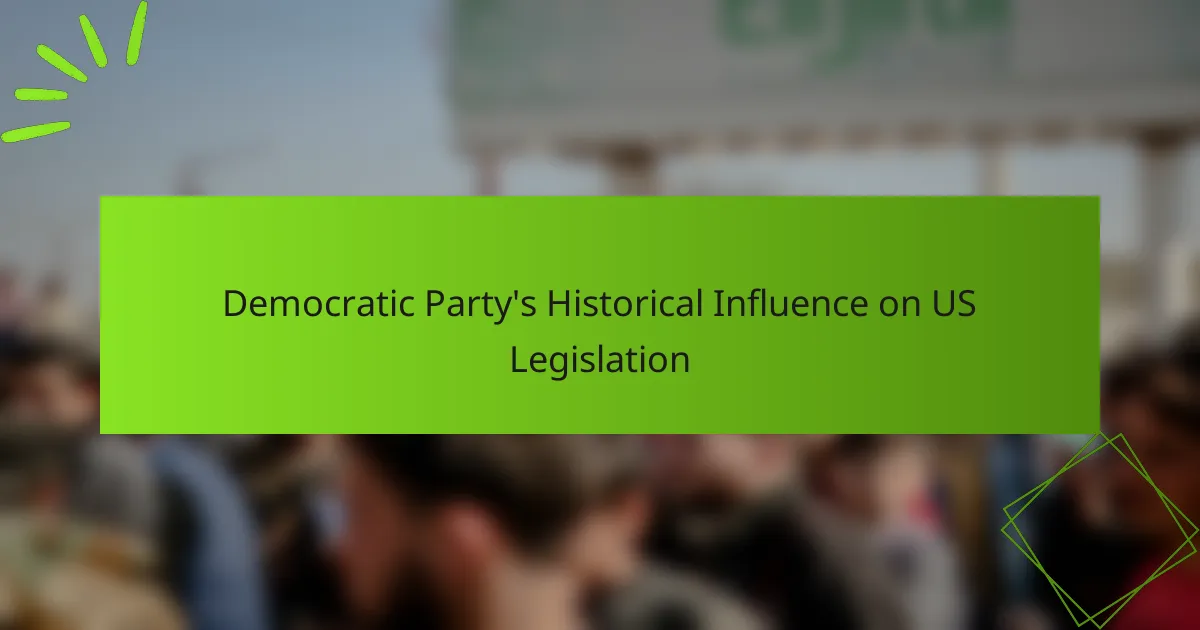
Democratic Party’s Historical Influence on US Legislation
The Democratic Party is a major political entity in the United States that has played a crucial role in shaping U.S. legislation since its founding in the early 19th century. Key legislative achievements include the New Deal programs initiated by President Franklin D. Roosevelt, which transformed the economy and enhanced the social safety net. The […]
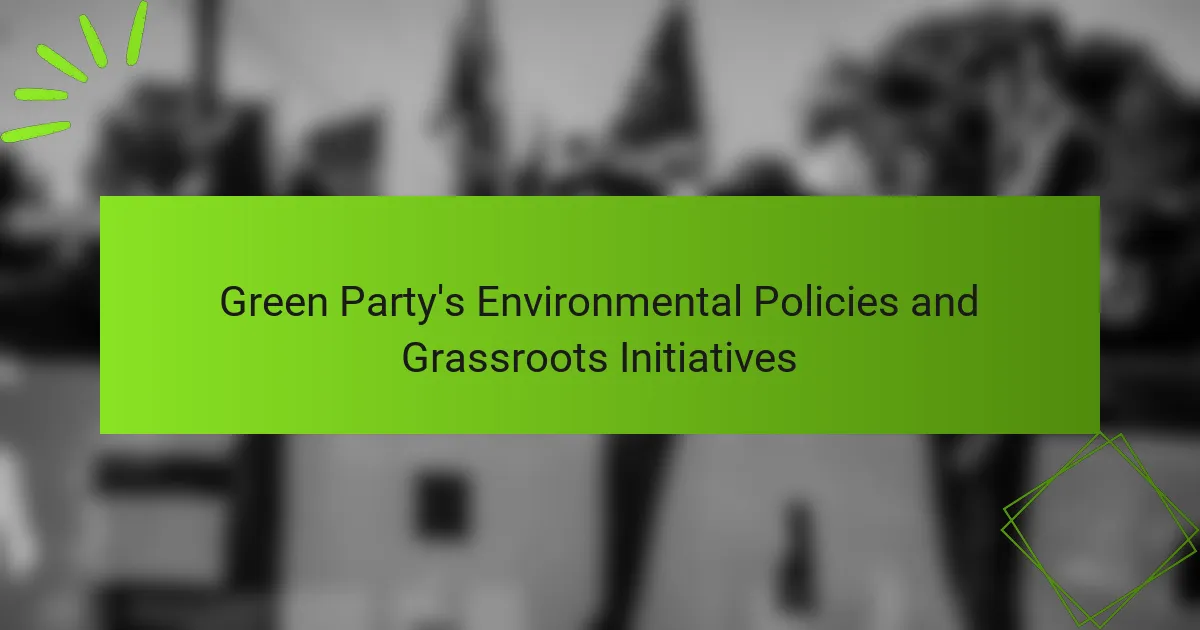
Green Party’s Environmental Policies and Grassroots Initiatives
The Green Party is a political entity focused on environmental sustainability, climate action, and ecological conservation. This article outlines the party’s key policies, including the transition to renewable energy sources, strict regulations on greenhouse gas emissions, and the promotion of sustainable agriculture practices. It also highlights grassroots initiatives such as community gardens and local clean-up […]

Independent Voter Trends in US Political Campaigns
Independent voters in the United States are increasingly shifting their preferences toward candidates outside the traditional two-party system, significantly impacting political campaigns. In the 2020 presidential election, approximately 35% of voters identified as independents, highlighting their influence on electoral outcomes. This voter segment prioritizes issues over party affiliation, often supporting candidates who advocate for bipartisanship […]

Analysis of Regional Variations in Party Platforms Across the US
Party platforms are formal documents that encapsulate the principles and policy positions of political parties in the United States. This article analyzes regional variations in these platforms, highlighting how local demographics, economic conditions, and cultural values shape party priorities. The discussion includes methodologies such as content analysis, comparative analysis, and discourse analysis, which are utilized […]
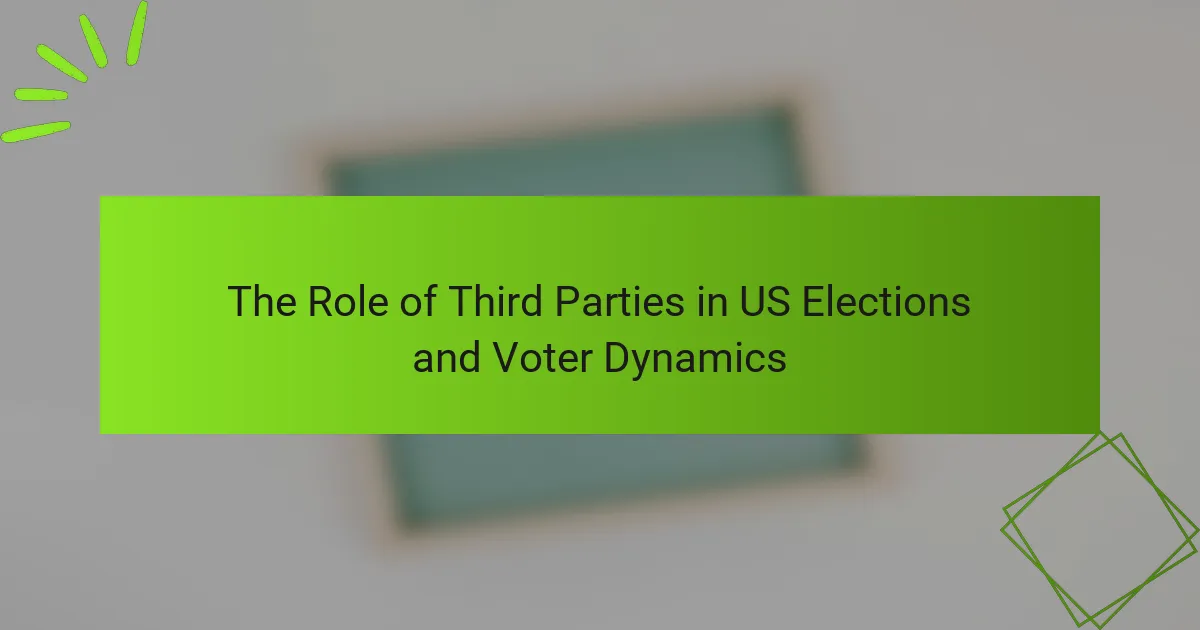
The Role of Third Parties in US Elections and Voter Dynamics
Third parties are political entities that play a crucial role in US elections and voter dynamics by presenting alternative viewpoints and policies distinct from the two major parties, Democrats and Republicans. They attract voters who feel unrepresented, influencing the political discourse and potentially impacting election outcomes, as evidenced by the approximately 1.2% of the total […]

The Impact of Political Action Committees on Party Funding and Campaign Strategy
Political Action Committees (PACs) are organizations that collect and distribute funds to support political candidates, significantly influencing campaign financing and strategy. This article examines the role of PACs in the political landscape, highlighting their contributions to candidates and their involvement in independent expenditures to sway elections. It discusses how PACs align their funding with specific […]
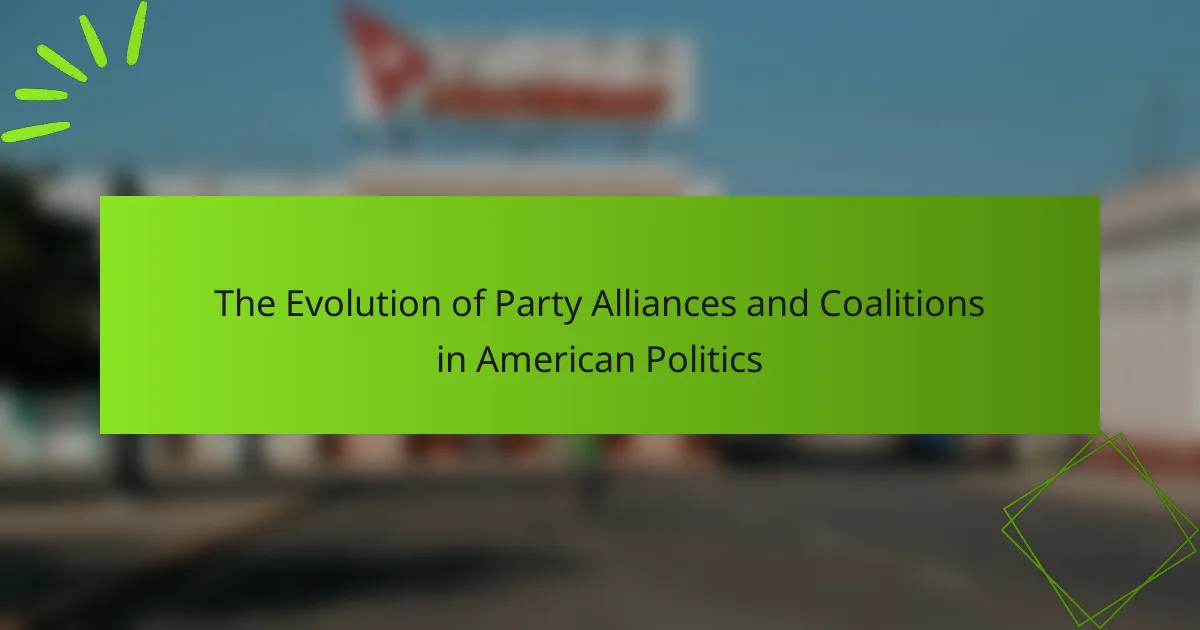
The Evolution of Party Alliances and Coalitions in American Politics
Party alliances and coalitions in American politics are temporary partnerships formed between political parties to achieve shared objectives, especially during elections or legislative processes. These collaborations can enhance political influence and lead to significant policy changes, as evidenced by historical examples like the Democratic-Republican coalition and recent bipartisan efforts in Congress. The dynamics of these […]
